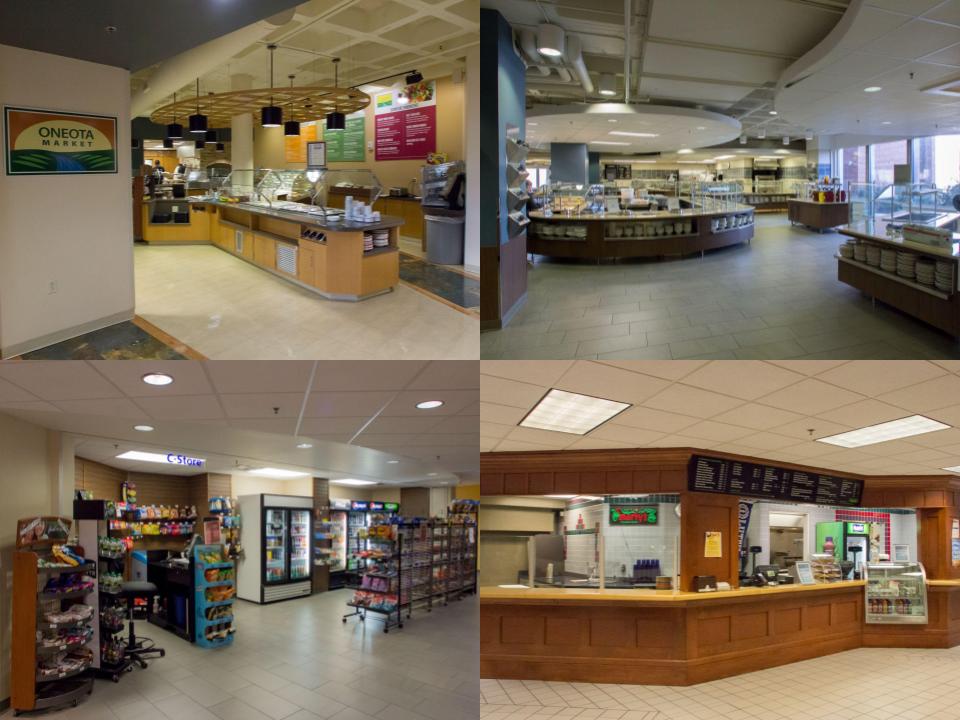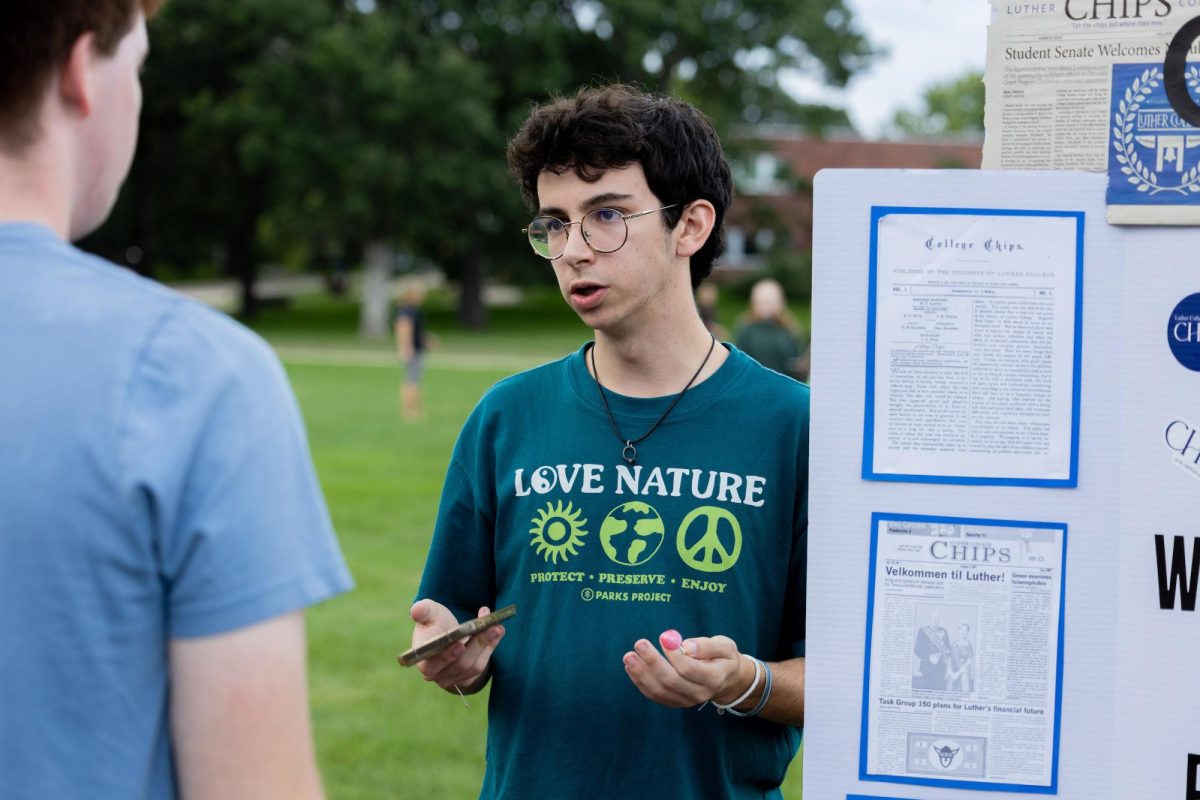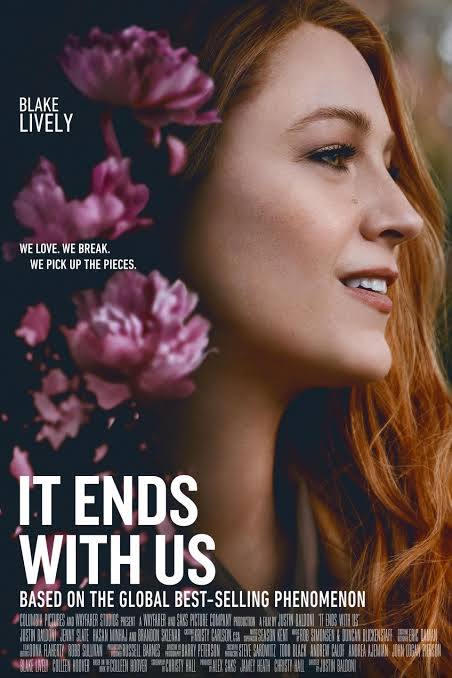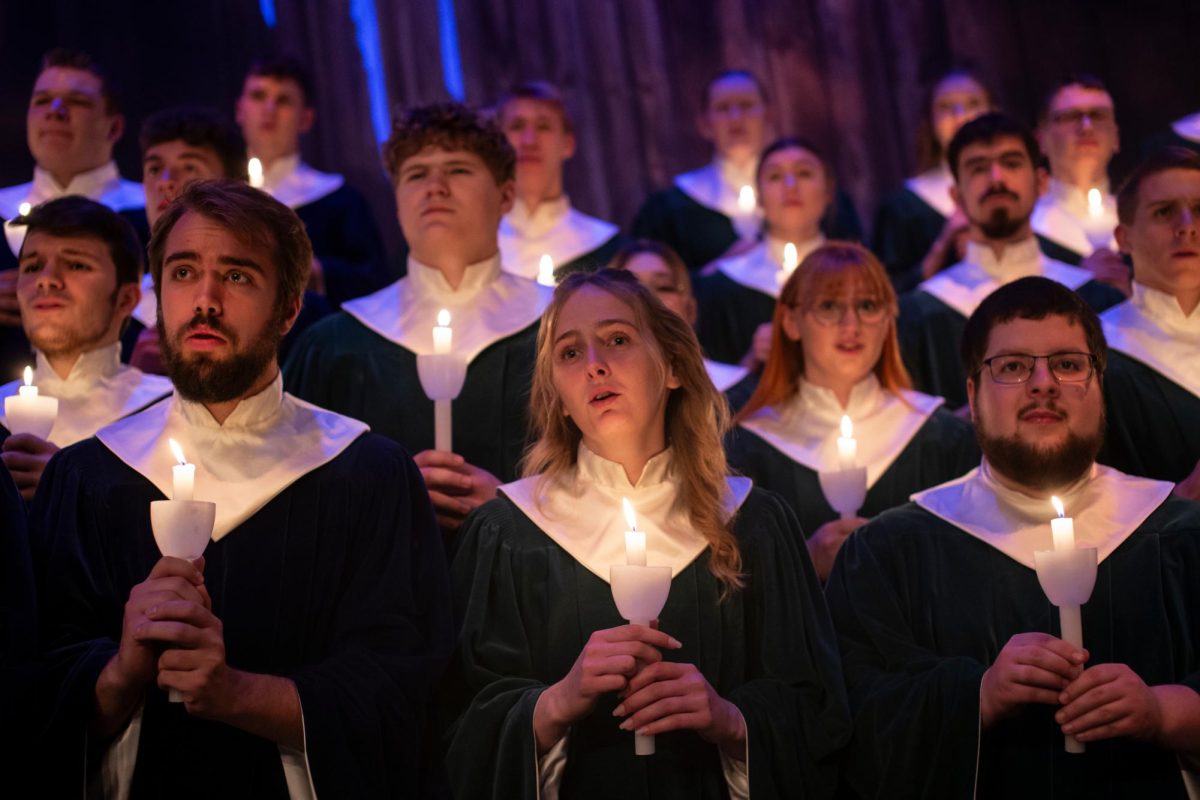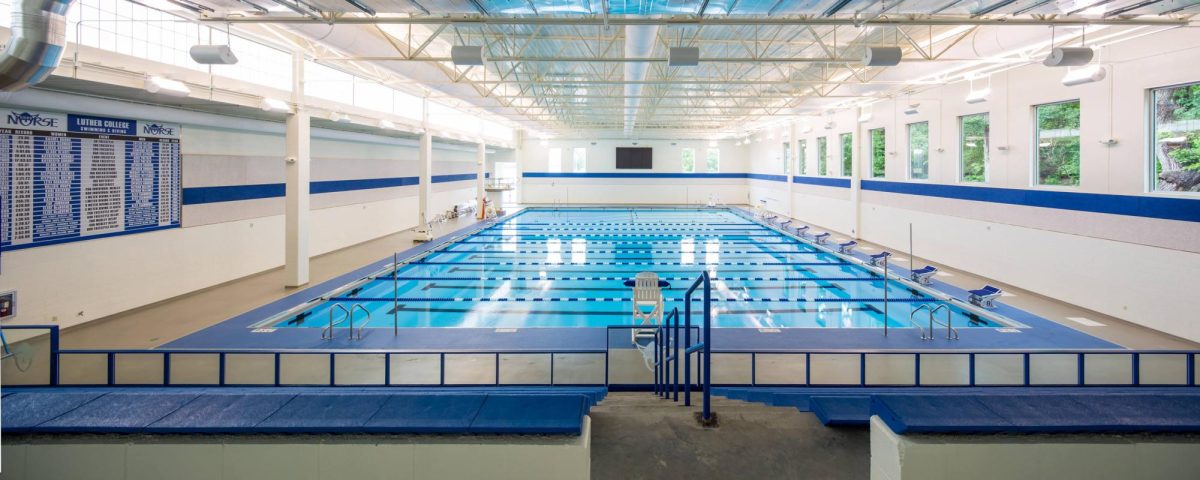Consider this — It’s Friday and your class ends at 2:30 p.m. Your stomach grumbles and you rush to the cafeteria to find a satisfying meal. However, frustration sets in when you see empty trays and cleaned out counters. You walk around, only to find that Marty’s is closed on Fridays and that Oneota has stopped serving lunch. Your only option is to grab-and-go, but they’re serving meat today and you’re a vegetarian.
This is a scenario that many Luther students have experienced. It is past time for Luther to address the urgent problem of insufficient nutritional alternatives on campus.
To put matters into context, my schedule is packed from 8 a.m. to 2 p.m. and I have work-study right after. The only time I can eat is during the shadow blocks, but it’s often not enough time to go to the cafeteria for a proper meal. Thus, my dining choices are primarily confined to either Oneota or the grab-and-go option. However, it’s worth noting that the grab-and-go selection often consists of just one type of meat and most of the time this selection doesn’t align with my dietary preferences.
The timing of cafeteria food availability remains a major challenge. Currently, the cafeteria serves lunch at 10 a.m. and closes at 2 p.m. However, many students have class schedules that stretch beyond this interval and this is their only opportunity to eat. The reality is that not all students can fit cafeteria hours into their already jam-packed schedules, especially because Luther’s class schedule runs beyond 2 p.m. The problem is exacerbated when students realize that alternate meal options such as Marty’s or Oneota are also unavailable to them.
The issue also persists for athletes who practice late into the evening and consequently cannot get to eat until it is practically closing time. A meal after practice isn’t just a matter of convenience for these athletes; it’s critical to their recovery. Limited meal options during those times can have a negative impact on their efficiency, ability to recover, and general health.
Furthermore, when considering inclusivity, we must recognize that there are students who have dietary limitations owing to allergies, those who follow vegetarian or vegan diets and those who require kosher or halal food options. Unfortunately, our cafeteria currently falls short of meeting these students’ unique dietary demands. While there is a separate section for students with allergies and clear labeling for pork-containing goods, it is insufficient for those students who may enter the cafeteria only to discover that there are no suitable meal options available.
Improving the food offerings in our cafeteria is not a Herculean task. It is about acknowledging the needs of Luther’s student body. Luther has a diverse student body that comes from many countries, states and lifestyles. It is Luther’s responsibility to provide them with a healthy dining experience. The hours of the cafeteria can be extended to ensure that students have access to meals when they are most needed. In addition, integrating vegetarian, vegan, allergy-friendly, kosher and halal cuisine alternatives will result in a more inclusive and inviting dining experience.
Our campus cafeteria should be more than just a place to recharge; it should nurture both our bodies and our sense of belonging. It’s past time to campaign for more food alternatives and longer service hours so that no one has to go hungry or sacrifice their dietary needs.

